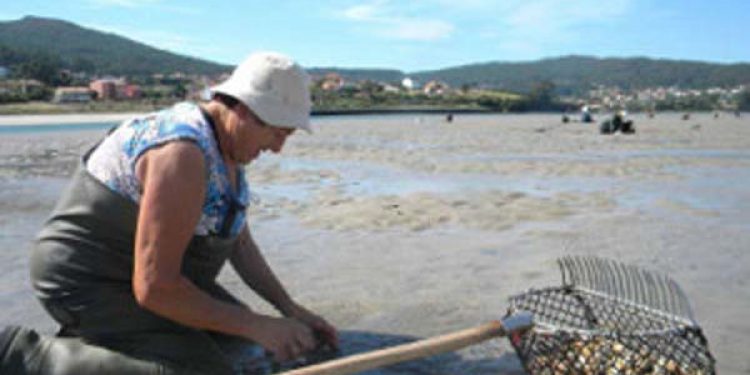Despite their presence at all levels and in all areas of the fisheries sector, the role of women is often hidden behind the scenes.
Data collected from FAO shows that women’s most prominent role internationally – in small-scale and industrial fisheries – is in post-harvest, processing and marketing. For example in West Africa as much as 80% of seafood is marketed by women. In fish processing factories surveyed in India, 60% of workers were young women. In Vietnam, women make up 80% of the aquaculture workforce. In Europe, over 100,000 women are statistically recorded as being employed in the fisheries sector; however it is still hard to measure their contribution. Statistics overlook women who work part or full time for the family enterprise without legal recognition or associated social benefits. We are now collecting new data on the socio-economic conditions of EU fisheries that will provide more detailed data on women’s contribution in fisheries. This will help us understand and improve their working conditions, through better targeted policy.
Understanding women’s role in fisheries is important in the creation of growth and jobs. When the fisher’s family income is under threat, it is often women who diversify to secure sufficient family earnings; this renders them key innovators in the sector. I am doing my best to provide the necessary tools which women can use to reach their full potential in the sector. Already, under the European Fisheries Fund the EU supported projects founded by women such as the Finnish project on the tanning of fish skin for leather. It also funded the setting up of a company of 27 goose barnacle gatherers in Spain, which developed and marketed new products from goose barnacles, including natural canned barnacles and barnacle pâté with seaweed, now sold in gourmet outlets around the country.
We aim to continue motivating women to take on such projects and with the reform of Common Fisheries Policy we will provide new funding opportunities aimed directly at women. The European Maritime and Fisheries Fund , through its community-led approach, recognises for the first time the role that spouses often play in the family fishing business. They can benefit from EMFF support for training, in particular for the acquisition of skills linked to entrepreneurship and business management.
As AKTEA puts it simply and concisely, “Behind each boat there is a woman, a family and a community”. Therefore, supporting the woman in fisheries inevitably means supporting the family and supporting the community.
EU Commission
FiskerForum.com









